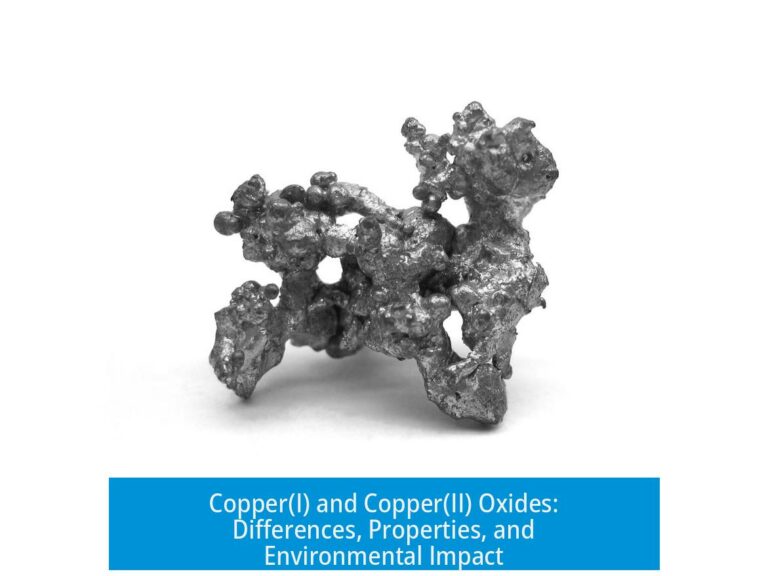Thoughts on Buying Second Hand Lab Glassware

Buying second hand lab glassware is a practical and economically sensible choice, provided one addresses safety, quality, and storage concerns carefully. Used glassware often retains excellent utility, especially older, well-made pieces, but assessing potential hazards and ensuring thorough cleaning are essential steps before use. This article breaks down key points to consider when acquiring used lab glassware.
1. Overview of Second Hand Lab Glassware Use

Purchasing used lab glassware is not uncommon. Many chemists and hobbyists prefer this option to reduce waste and save money. Avoiding brand-new purchases can be environmentally friendly as well, preventing perfectly serviceable glassware from being discarded.
Those experienced with secondhand pieces often find it satisfying to revive equipment that would otherwise gather dust or be discarded. Nonetheless, secondhand buying requires awareness of potential downsides.
2. Safety Considerations
2.1 Unknown History and Potential Risks
One major challenge with secondhand glassware is uncertainty about its past use. The previous owner’s handling, exposure to corrosive chemicals, or physical stress is usually unknown. This ambiguity means every piece must be treated as potentially hazardous until proven safe.
Broken glass or microfractures can be hidden risks. Using compromised glassware in experiments, especially those involving pressure or heat, can cause shattering and injury.
2.2 Inspection and Cleaning Procedures
- Visually inspect every piece under good lighting for cracks, chips, or stress marks.
- Discard any glassware displaying damage—even small cracks can worsen under thermal or mechanical stress.
- Thoroughly wash glassware multiple times with appropriate solvents, such as acetone, ethanol, or distilled water, depending on previous chemical exposures.
- Ensure internal surfaces are free from residues that could interfere with reactions or pose contamination risks.
Cleaning and inspection are indispensable to safely using secondhand glassware. Rinsing after each experiment is also a good practice to maintain the equipment.
3. Storage and Maintenance
Proper storage is crucial for preserving glassware condition and ensuring workplace safety.
- Design a storage plan before purchasing. Glassware requires space and protection.
- Store fragile items with cushioning materials like cotton or foam inside boxes near the workspace.
- Keep glassware organized to avoid accidental knocks and facilitate quick inventory checks.
- Regularly clean and inspect stored pieces; damaged glassware may develop problems during storage.
Neglecting storage can lead to damage that diminishes operational safety and lifespan.
4. Practical and Financial Considerations
4.1 Depreciation and Cost Efficiency
The intrinsic value of lab glassware depreciates sharply after first use. Unlike cars that lose value gradually, glassware’s “new” value drops the moment it is used. Buying secondhand, but reliable, glassware avoids this initial depreciation, enabling users to access quality equipment at a lower cost.
4.2 Quality and Brand Selection
Many chemists report that older glassware, especially from U.S. manufacturers, performs better or lasts longer than many contemporary pieces. Glass brands such as Pyrex, Duran, and Simax hold reputations for durability and chemical resistance.
Experts caution against inexpensive or uncertified glassware from low-quality sources, for instance cheap Chinese products without stringent quality controls. Investing in proven brands minimizes risk of breakage and chemical incompatibility.
Long-term users often strongly endorse buying well-maintained secondhand glassware over brand new pieces, provided they come from trusted manufacturers and are intact.
5. Where to Find Second Hand Lab Glassware
Several reliable platforms offer opportunities to purchase used laboratory glassware:
- Sciencemadness.org and ChemicalForums.org host active communities with classified sections for lab equipment.
- eBay frequently lists used lab glassware, though buyers should carefully assess seller reliability and product condition.
- SecondLab is a specialized marketplace for used scientific equipment, particularly strong in the European Union.
Amazon is generally not recommended due to pricing and difficulties in vendor vetting for used glassware listings.
6. Personal Recommendations and Best Practices
- Define your laboratory workflow and safety protocols before purchasing glassware.
- Maintain a work plan detailing which glassware fits specific experiments to avoid misuse.
- Keep a safety mindset: inspect, clean, and discard questionable pieces promptly.
- Do not hesitate to seek guidance or additional information from experienced chemists or online communities.
Understanding these aspects improves both purchasing decisions and ongoing laboratory safety.
Key Takeaways
- Secondhand lab glassware offers cost savings and environmental benefits if chosen and handled responsibly.
- Unknown usage history necessitates careful inspection and thorough cleaning to ensure safety.
- Proper storage protects glassware integrity and optimizes laboratory space.
- Reputable brands like Pyrex, Duran, and Simax are recommended over cheaper, uncertified alternatives.
- Reliable sources include chemistry forums, eBay, and specialized sites like SecondLab.
- Having a clear work and safety plan is vital when integrating secondhand glassware into any lab.
Is it safe to use second hand lab glassware without knowing its history?
You should treat all second hand glassware as potentially hazardous. Always inspect thoroughly for cracks and clean with suitable solvents before use.
How should I store and maintain used lab glassware?
Proper storage is crucial. Use cushioned boxes near your workspace to prevent damage and plan for maintenance to avoid wear and tear.
Does buying used glassware save money compared to new?
Yes, buying used saves on the initial depreciation, which happens quickly with new glassware. High-quality older glassware can last decades and offer good value.
Where can I find reliable second hand lab glassware?
Look at Sciencemadness.org, chemicalforums.org, eBay, and SecondLab for EU buyers. Avoid Amazon, as prices tend to be higher and sales more difficult.
Are there specific brands recommended for buying second hand?
Brands like Pyrex, Duran, and Simax are preferred for quality. Avoid cheap, low-quality Chinese glassware when buying used.





Leave a Comment